Blog
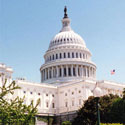
Two weeks ago, an expected milestone of sorts in the debate over chemical policy seemed to turn abruptly into a headstone. Senators Vitter and Udall were expected to release a revised version of their Chemical Safety Improvement Act (CSIA) that responded to many of the concerns of health and environment leaders from across the country.

A new report released today by NRDC found that some major furniture retailers are beginning to sell couches without hazardous flame retardants, in response to updates to California’s flame retardant regulations.
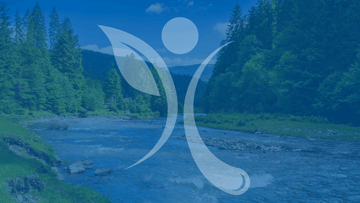
Today, press reported that a new "deal" on the Chemical Safety Improvement Act was scuttled at the last minute, prompting Senator Vitter to state he would start over with the original version of the bill (S.1009) next year.
Your support allows us to make big impacts. Will you donate today?
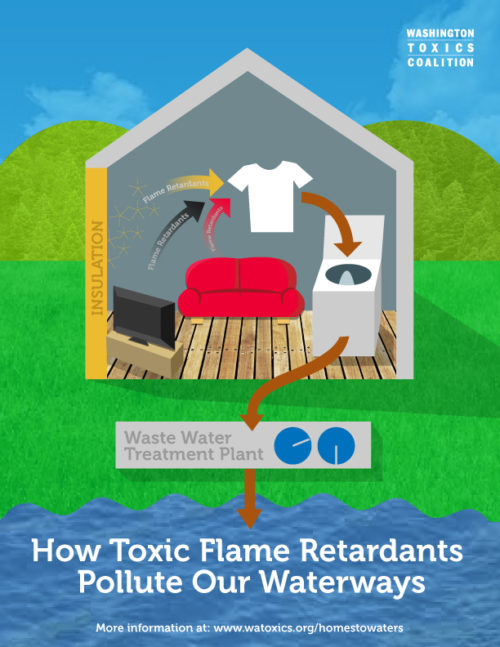
Several years ago, I was presented with an amazing opportunity to do an extensive research study focusing on how toxic chemicals get out of products in our homes and make their way to our rivers, lakes, and other waters. One of our coalition partners, Columbia Riverkeeper, had made the funding possible so that we could really dig into this question.
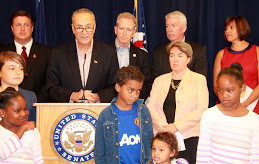
This week, New York Senator Chuck Schumer will introduce a new bill, The Children and Firefighter Protection Act, to ban the ten most notoriously toxic flame retardant chemicals in residential upholstered furniture and children’s products, and to set up a process to examine and regulate other similar chemicals.

Ten toxic chemicals to be banned in furniture and children’s products This week, U.S. Senator Chuck Schumer (D-NY) unveiled legislation to ban ten toxic flame retardant chemicals from use in upholstered furniture and children’s products. His bill would also create a process to examine and regulate other similar chemicals. Flame retardants are often added to foam […]

It’s school season! Over the years we came up with some great tips all about schools. Here a rundown of some of our “back to school” greatest hits!
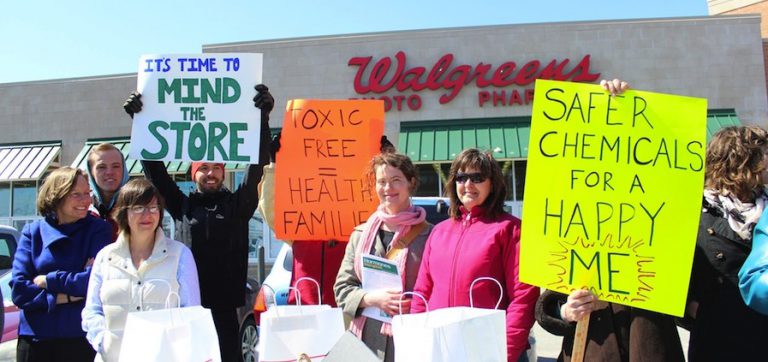
Phthalates are hormone-disrupting chemicals that are used to soften plastic, and found in hundreds of products throughout our homes: shower curtains, shampoo, flooring… and yes, even shoes.

Crisply folded stacks of linens, spotless baby layettes and dry-cleaned suits hanging in the closet are traditional hallmarks of a well-kept home. Generations of homemakers have prided themselves on laundry that looks and smells perfectly clean, often with a distinctive scent from detergent or dryer sheets. Could our quest for the perfect stack of clean […]

Last week, Bloomberg News broke a major story that shined the light on the dangers of triclosan, a hormone-disrupting chemical commonly used in antibacterial soaps and even Colgate Total toothpaste.

